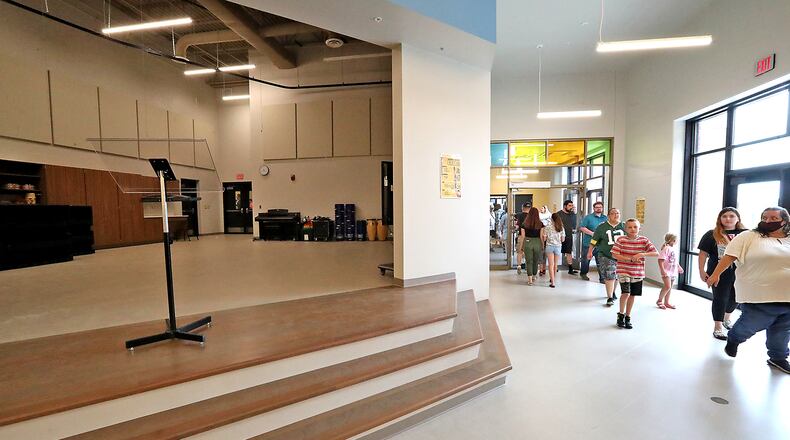The substitute levy is a continuing 12.1-mill levy that would continue to generate $4.7 million for district operations. It pays for operating expenses for the district such as supplies, utilities, salaries, materials and programs.
The proposed substitute levy will combine two existing levies that would not raise taxes, according to Superintendent Brian Kuhn. This is the same amount the district now collects and would not increase funding.
“This substitute levy will not be a tax increase for our community members as this 12.1-mill levy replaces two existing operating levies and combines them into one single ballot issue,” Kuhn said.
The substitute levy will maintain current funding by combining the two existing levies — one that generates $2.4 million annually and another that brings in about $2.2 million a year. Those levies were first passed in 2012 and 2014, respectively.
The levy would cost an owner of a $100,000 property $396 a year, according to Kuhn.
“Because taxpayers are already paying on these existing levies, taxes will not increase as a result of approval of the substitute levy,” Kuhn said.
If the levy is passed, it also will not increase the amount of local funding the district receives.
“The substitute levy is different from a typical operating levy because it allows the district to capture new revenue from future growth in our district from new residential or business development. That means that as new residents and companies move into the district and build, they’ll help fund the costs of educating kids in our community,” Kuhn said. “The substitute levy will grow when new residential or commercial development takes place in Springfield Twp.”
If the levy is not passed, the district would need to cut about $4.7 million from its operating budget.
Last November, voters rejected the operating substitute levy with 51.93%, or 1,104, voting against and 48.07%, or 1,022 for it.
About the Author

